A new generation of high-caliber Jewish major league players—including four All-Stars—takes the field.
Plus exclusive profiles of Ryan Braun, Craig Breslow, Ike Davis, Danny Valencia and Kevin Youkilis
When Hank Greenberg was born, his parents, Orthodox Jewish immigrants from Romania, dreamed that their boy would grow up to be a doctor or a lawyer. So they disapproved when, as he grew, his passion lay with baseball, not his studies. “Jewish women on my block…would point me out as a good-for-nothing, a loafer, and a bum who always wanted to play baseball rather than go to school,” Greenberg told the Detroit Jewish Chronicle in 1935. “Friends and relatives sympathized with my mother because she was the parent of a big gawk who cared more for baseball…than school books. I was Mrs. Greenberg’s disgrace.” We all know what happened next. Greenberg “disgraced” his parents by signing with the Detroit Tigers in 1933, going on to become one of the greatest players of all time and the first Jew inducted into the Hall of Fame.
While the 21st century has yet to produce a Jewish baseball icon such as Greenberg or 1960s strikeout king Sandy Koufax, it’s already being heralded as “the Golden Age” of Jews in the major leagues. This wildly ambitious claim stems—in part—from a surge in the number of Jewish players. Last year there were 14, an all-time high, and the 2011 season began with 10 and is up to 12. These are startling numbers considering that there have only been about 150 Jewish players during 143 seasons of baseball.
But the numbers don’t tell the whole story. “There was a higher percentage of Jewish players in the 1930s but there has never been more quality than we have today,” says Martin Abramowitz, president of Jewish Major Leaguers, Inc., a company that produces baseball cards of Jews who have made the majors, beginning with Lip Pike in 1871. Since 1933, only 20 Jews have been picked for the All-Star Game, the mid-season American and National League face-off between top players who are chosen by fans. That four current Jewish major leaguers have been All-Stars is remarkable, says Abramowitz.
The current Jewish roster stretches across regions, teams and backgrounds. At the top of the heap is Ryan Braun, the Milwaukee Brewers outfielder who was the 2007 National League Rookie of the Year and is an All-Star perennial. Texas Rangers second baseman Ian Kinsler, Boston Red Sox third baseman Kevin Youkilis and Arizona Diamondbacks pitcher Jason Marquis have also been All-Stars. Others include Oakland Athletics reliever Craig Breslow; Texas Rangers pitcher Scott Feldman; Tampa Bay Rays outfielder Sam Fuld; Minnesota Twins third baseman Danny Valencia; New York Mets first baseman Ike Davis; and Chicago Cubs relief pitcher John Grabow.
The rise in the number of Jewish players in baseball has not been replicated in the National Football League, the National Basketball Association or the National Hockey League. This may be because baseball is open to gifted athletes of all sizes and builds (no need to be extraordinarily tall, strong or fast), or because of the historical, cultural and emotional ties that American Jews have long had with the sport. In a 1990 essay entitled My Baseball Years, novelist Philip Roth wrote that he loved the game for “the mythic and aesthetic dimension that it gave to an American boy’s life—particularly to one whose grandparents could hardly speak English. For someone whose roots in America were strong but only inches deep, baseball was a kind of secular church that reached into every class and region.”
While children like Roth were enthralled, parents—like Greenberg’s—were horrified: They wanted their sons to become professionals with advanced degrees, not potential sluggers riding buses from Amarillo to Waco in the minor leagues hoping to someday make the majors. Catcher Moe Berg’s father never reconciled himself to his son’s chosen path and refused to attend a single game over the course of his son’s 15-year career during the 1920s and 1930s. Bernard Berg was furious that his son, who graduated from Princeton and finished second in his class from Columbia Law School, didn’t have a white-collar job.



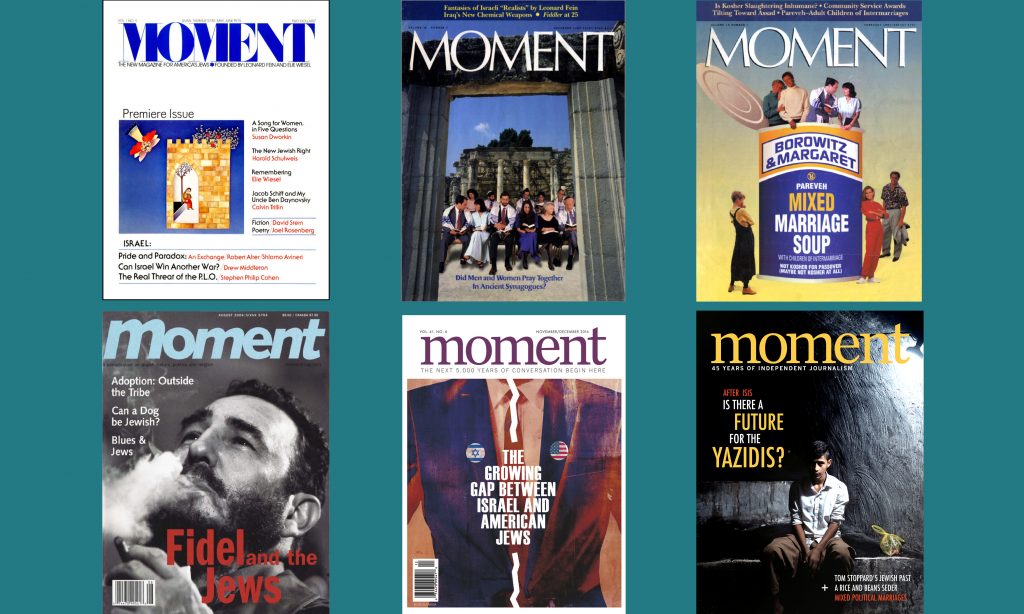
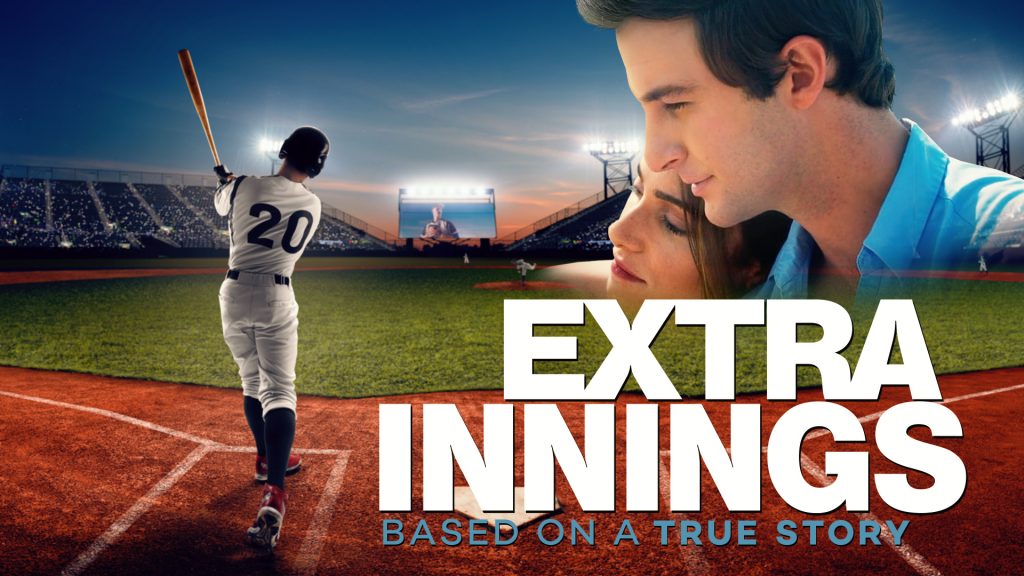
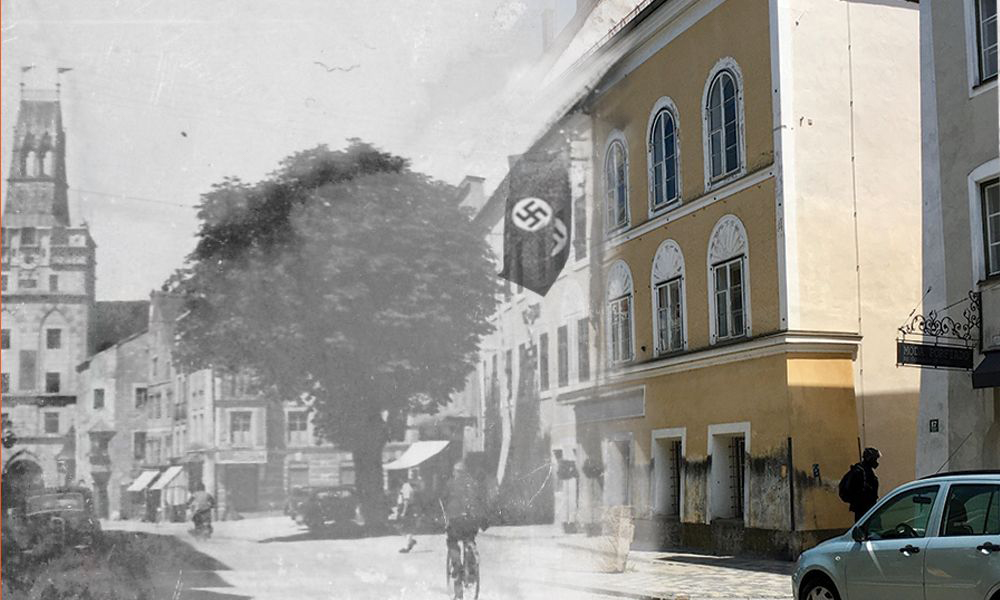
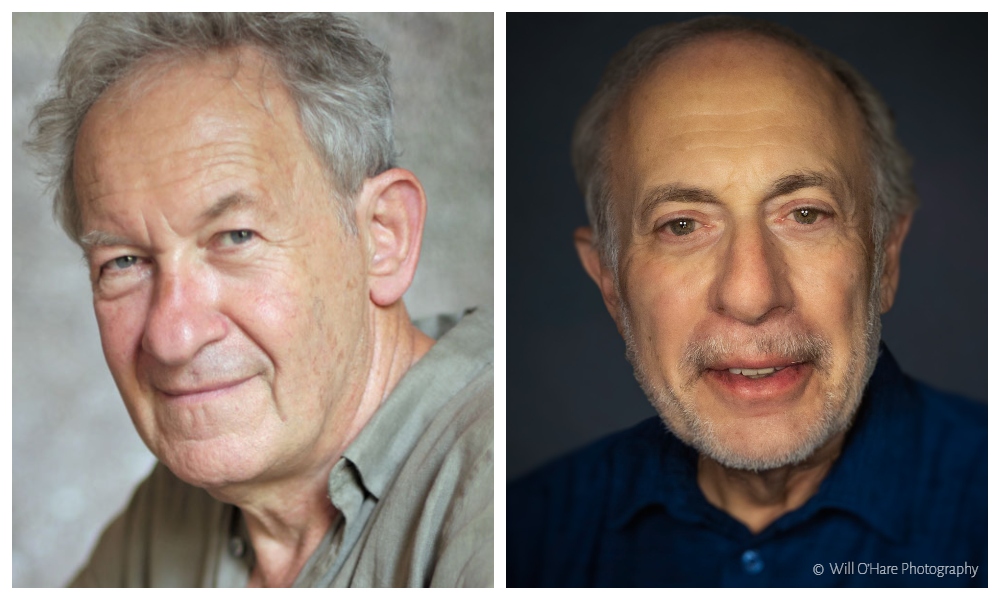


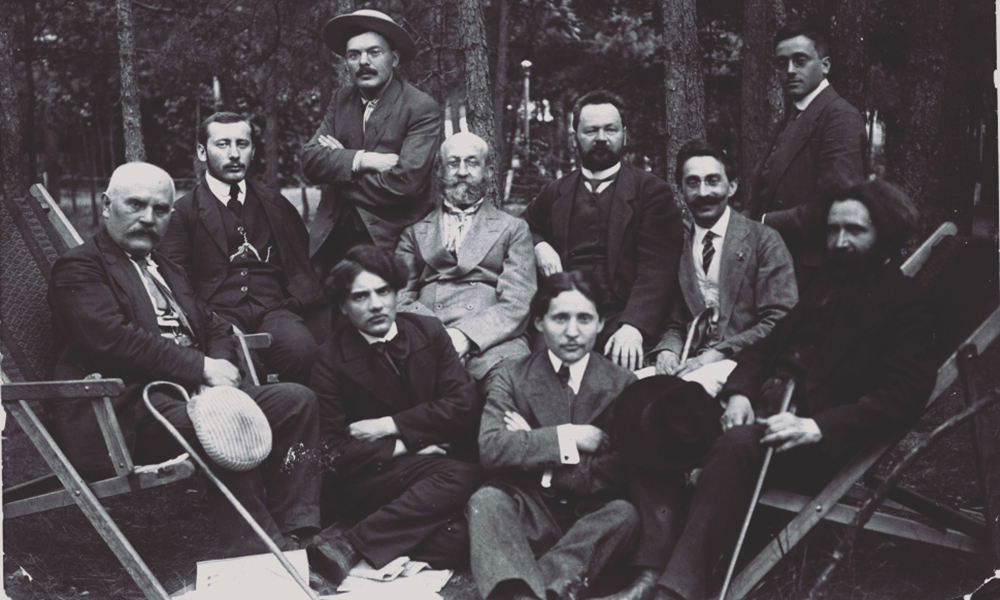
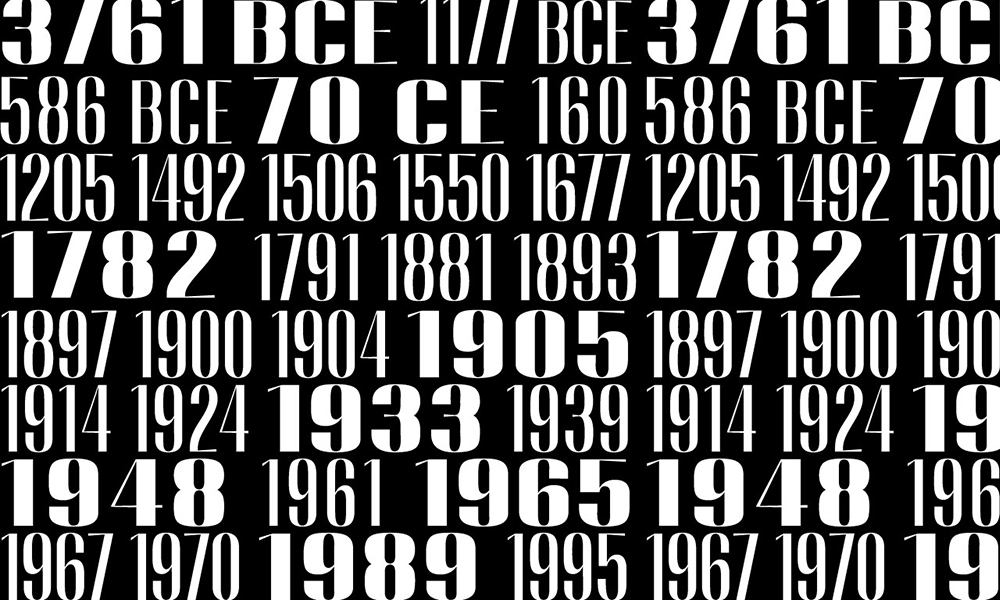
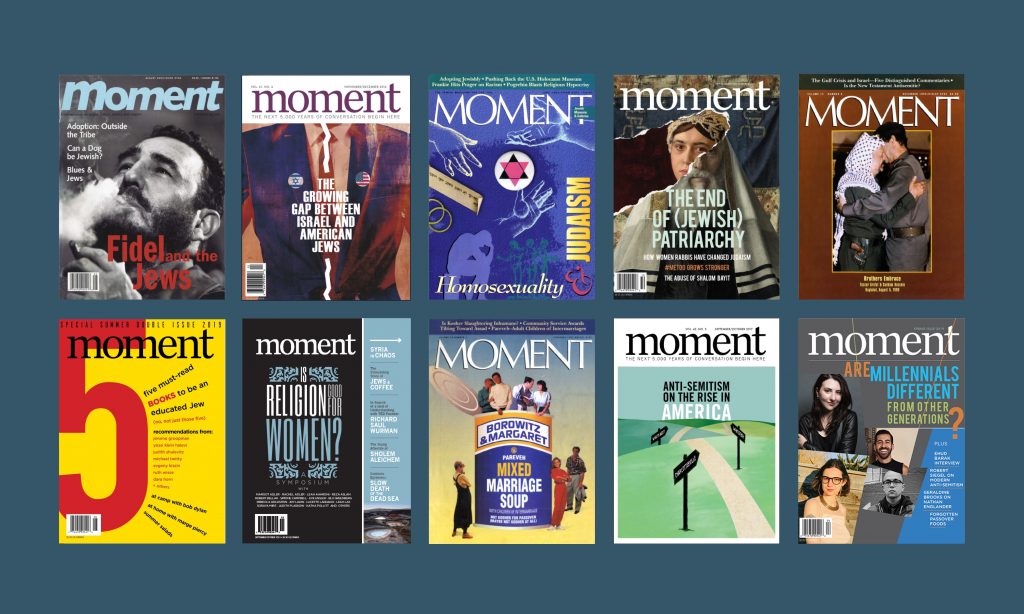

An interesting addition to this story would be a list of Jews who are involved in baseball management, such as Theo Epstein and Jed Hoyer of the Cubs, or in agency, such as Brian Cashman. And of course, there is the Commissioner of Baseball, Bud Selig. Jews who don’t make the cut as athletes can participate in the sport nonetheless.
Cashman is not Jewish but there are several others like Daniels of Texas.
1963 – 1996 was the “Golden Age of Jewish Baseball” thanks to Sanford Braun, aka The Left Arm of God, aka Sandy Koufax.
There are also some Jewish ball players with Jewish dads, like Kipnis and Pillar.
And who remembers Art Shamsky, OF for the Mets ?
I remember Art Shamsky
I believe he also played for the PCL San Diego padres speak before they join the major league
I think he also played for the Cincinnati red
I’ve never my sister really liked him and she didn’t like baseball
He was the right fielder